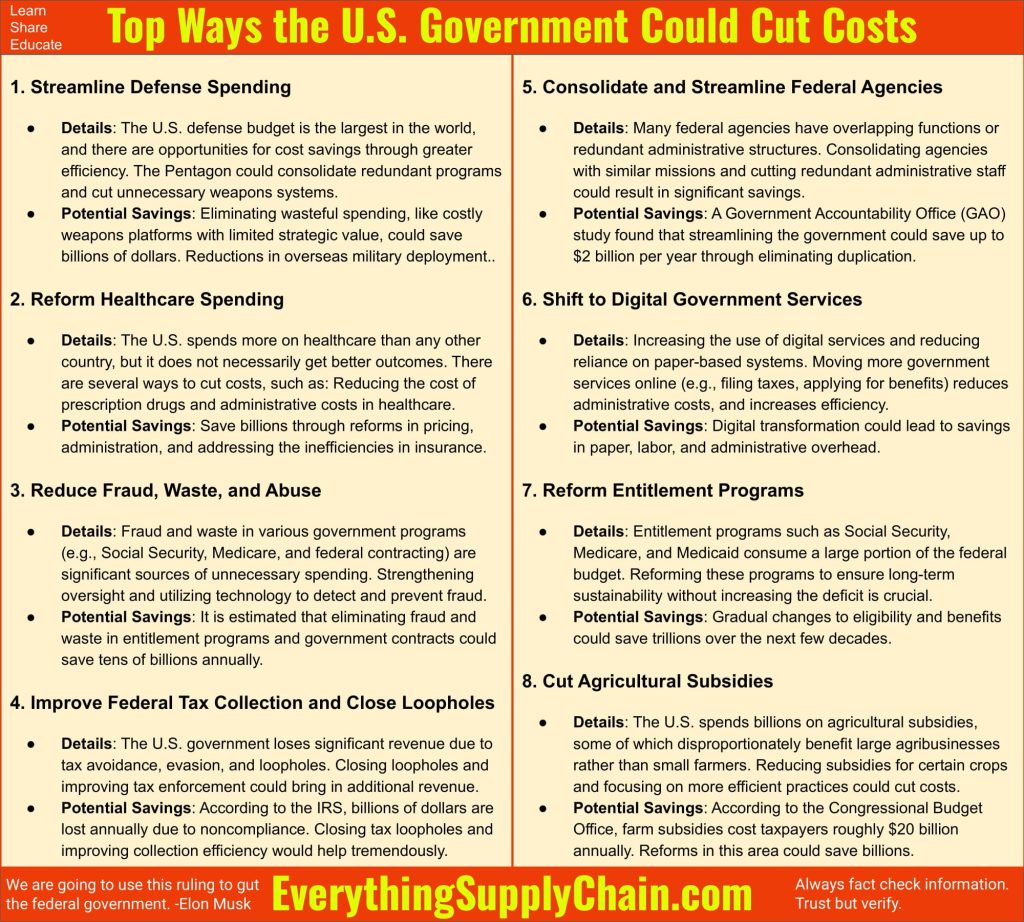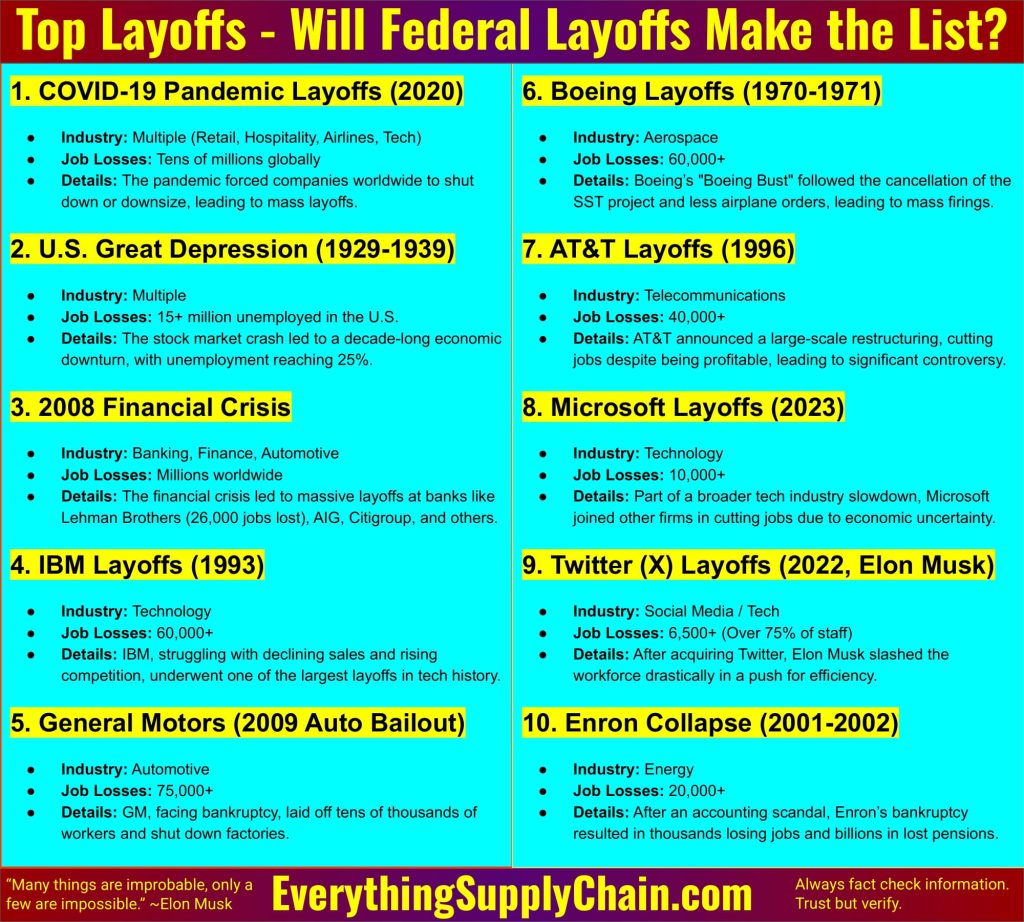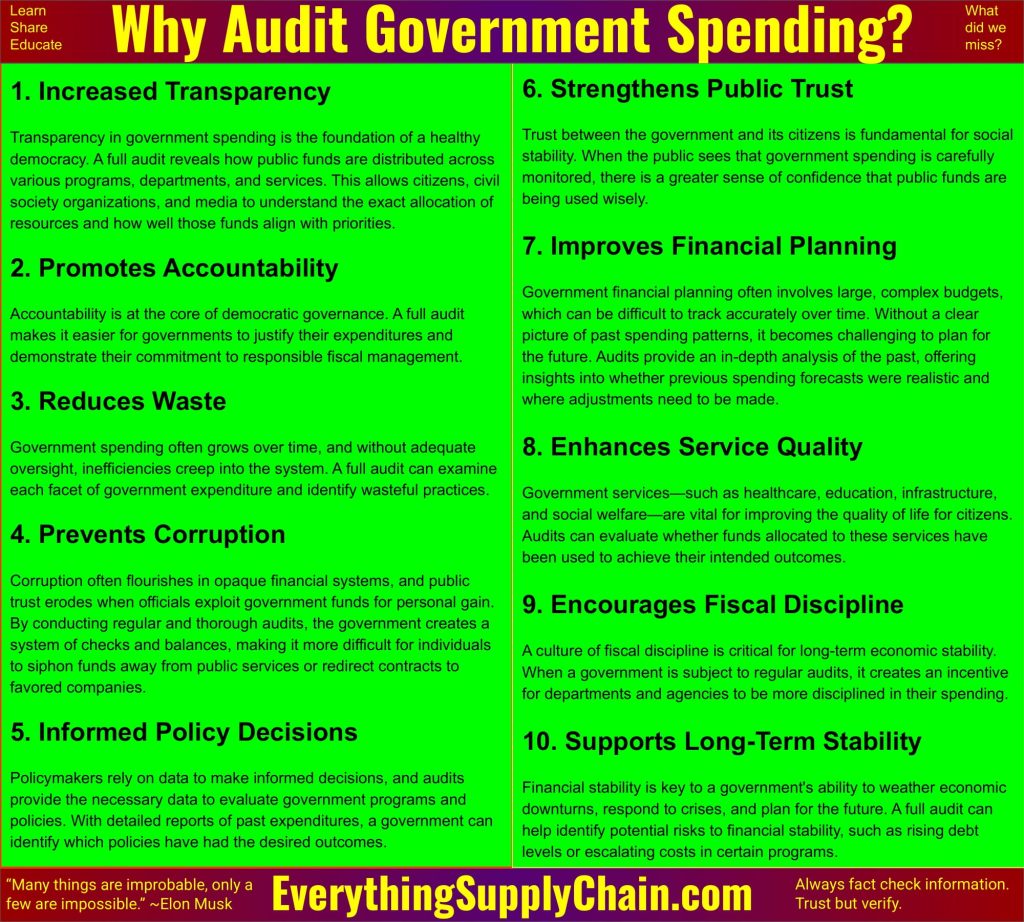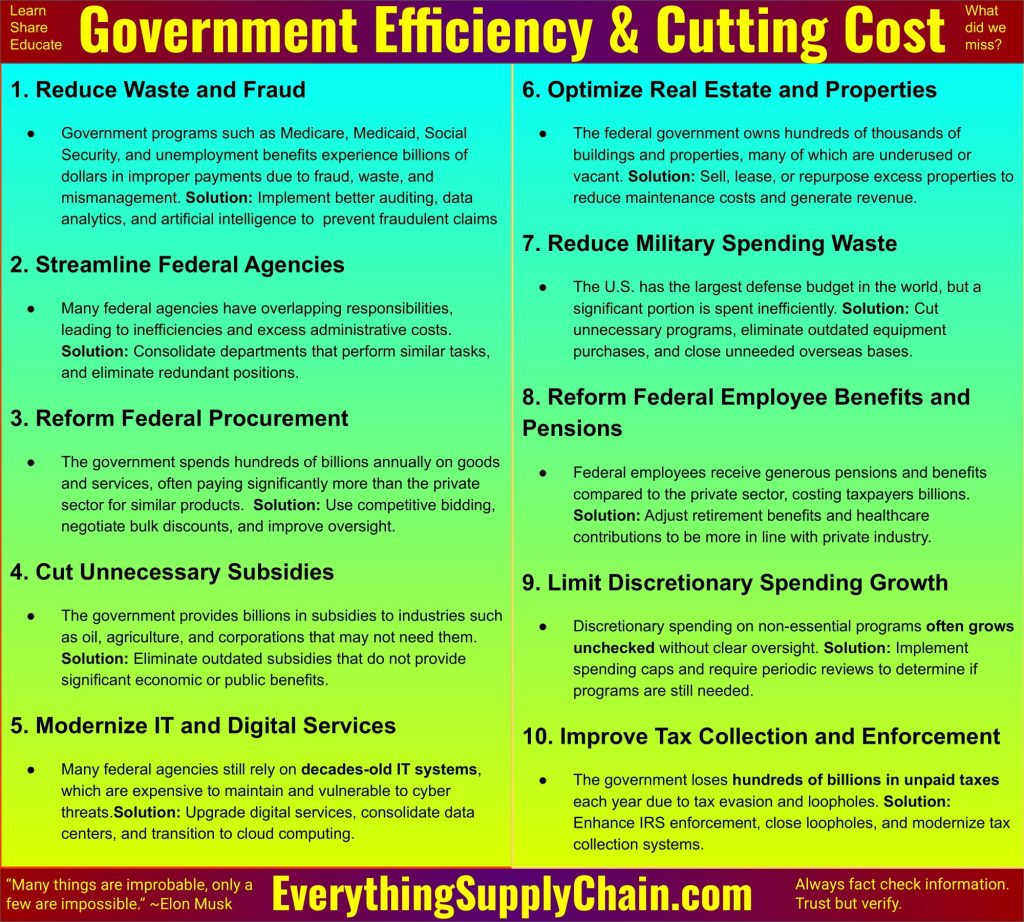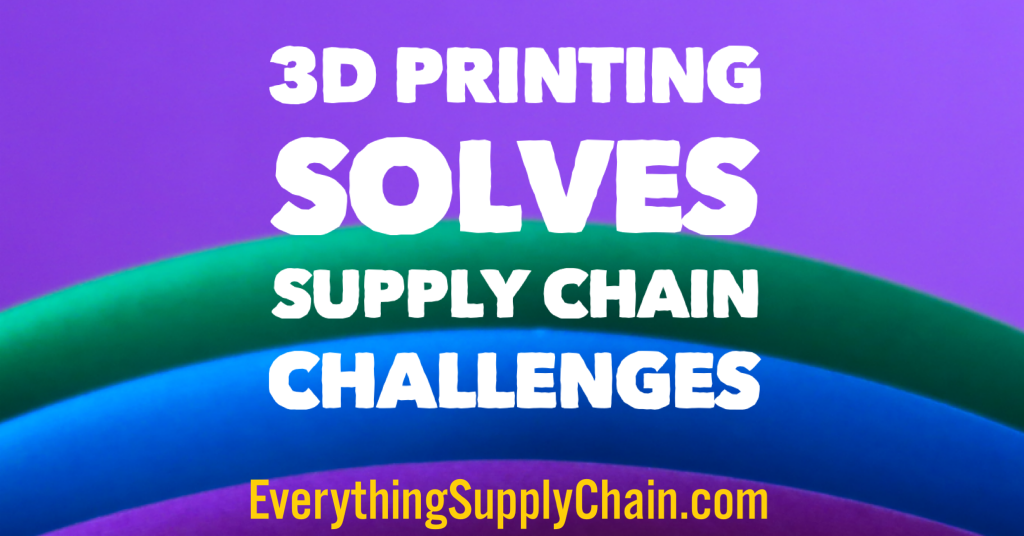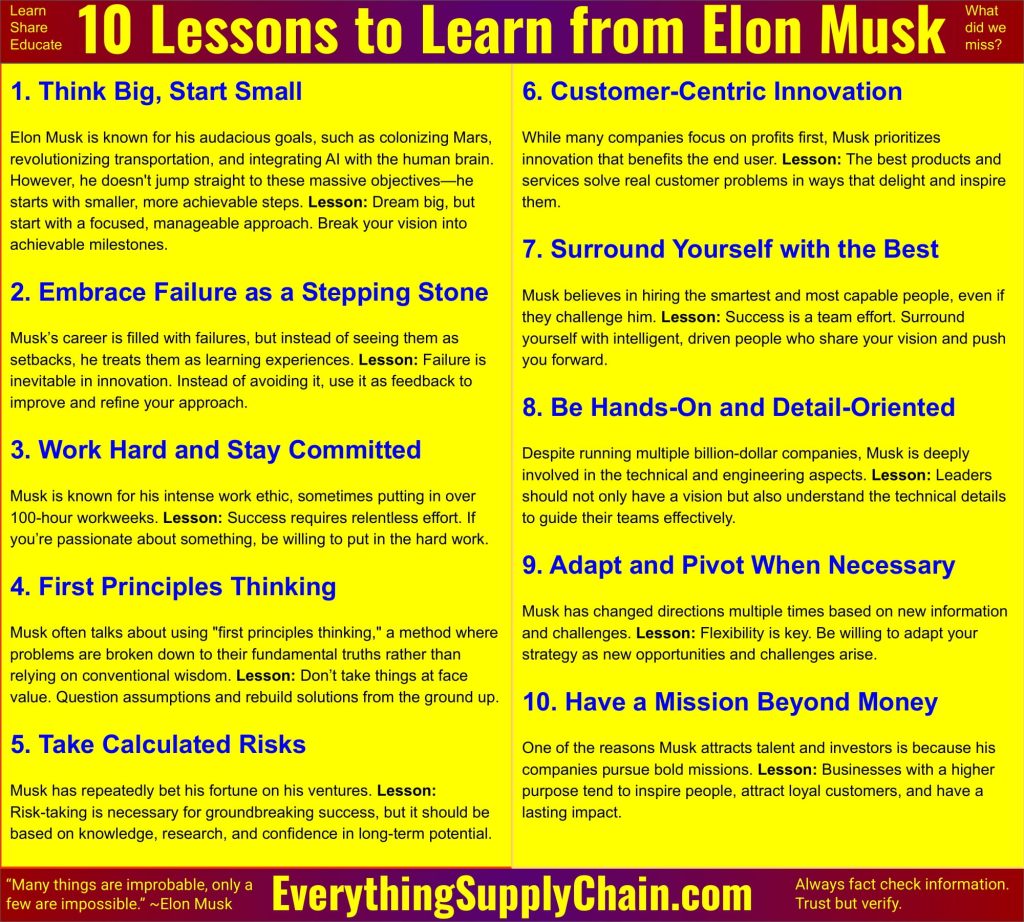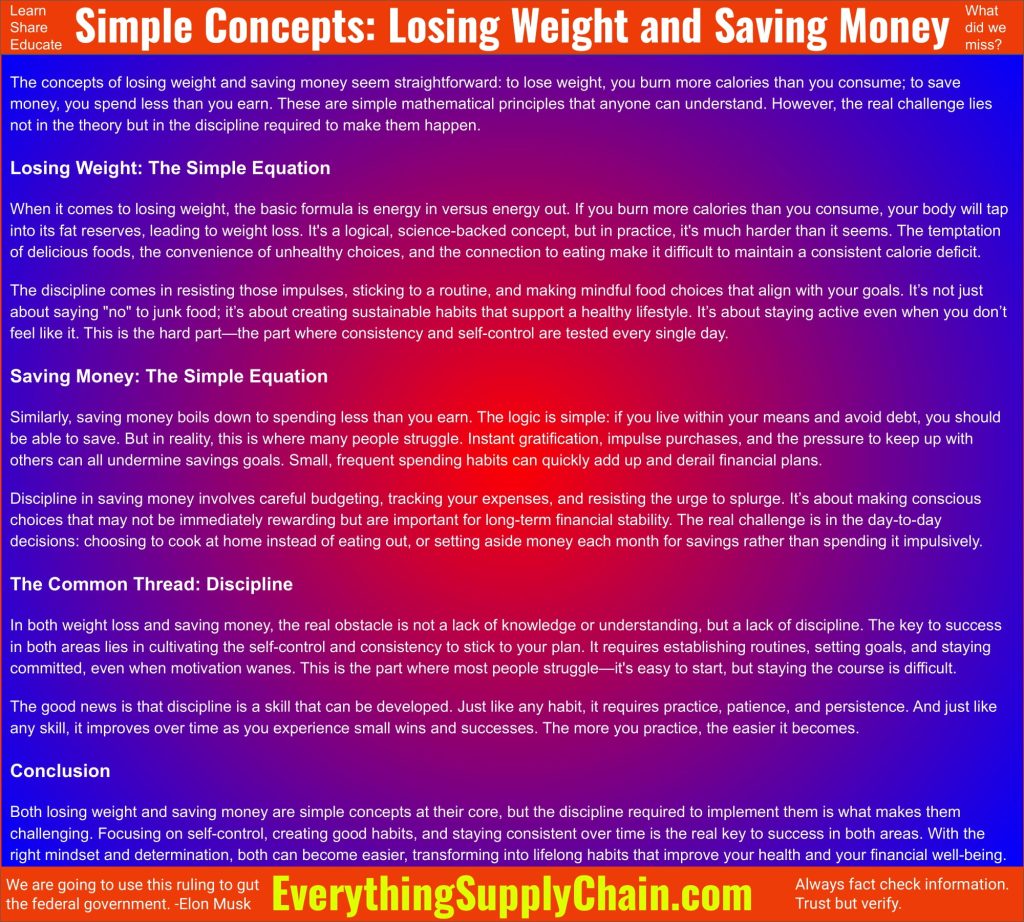The H1-B Visa Debate Broken Down – Everything You Need To Know.
The H-1B visa debate is a multifaceted issue that touches on immigration, the U.S. labor market, technology, economic growth, and national security. To break it down, let’s explore the key aspects, stakeholders, and arguments on both sides of the H1-B visa debate:
1. What is the H1B Visa?
The H-1B visa is a non-immigrant visa that allows U.S. companies to employ foreign workers in specialized fields that require theoretical or technical expertise. This includes jobs in industries like technology, engineering, healthcare, and finance. It’s particularly common in the tech industry, where companies often hire highly skilled workers from countries like India, China, and other parts of the world.
2. Key Points of the H1-B Visa Debate
A. The Role of H-1B in U.S. Economy
- Proponents argue:
- Boosts innovation and growth: The visa enables U.S. companies, particularly in tech, to tap into a global talent pool. This influx of highly skilled workers is seen as a way to boost innovation, fill critical skill gaps, and keep the U.S. competitive in the global economy.
- Fills talent shortages: There is a significant demand for STEM (Science, Technology, Engineering, Mathematics) workers in the U.S., and the H-1B visa program helps meet that demand, especially when there aren’t enough qualified U.S. workers available.
- Supports U.S. businesses: The ability to hire skilled foreign workers helps American companies remain competitive, especially in industries where knowledge and expertise are in high demand.
- Critics argue:
- Wages and job displacement: Some argue that H-1B workers are often paid less than U.S. workers in similar roles. This can drive down wages for American workers, particularly in sectors like tech. Critics also claim that employers may use the program to replace higher-paid American workers with cheaper foreign labor.
- Exploitative practices: Some H-1B workers, especially those employed by staffing agencies, can be vulnerable to exploitation. Critics point out that some companies use the program to hire workers at lower pay scales, which could undermine working conditions and lead to exploitation of foreign workers.
- Impact on U.S. workers: There are concerns that the availability of cheaper foreign labor could result in job losses or stagnant wages for American workers, particularly in high-demand fields like IT and engineering.
B. The Lottery System
- The H-1B program is capped at 85,000 new visas per year (with 20,000 set aside for those holding advanced degrees from U.S. universities). Due to the high demand, the U.S. government uses a lottery system to randomly select which applicants will receive a visa.
- Proponents argue: The lottery ensures that the process is fair and random, allowing companies to hire the best and brightest talent from around the world.
- Critics argue: The lottery system can be inefficient, as it may result in top-tier companies not being able to hire the most qualified candidates. The random selection also creates uncertainty for businesses and workers, with no guarantee that the most skilled applicants will receive the visa.
C. Impact on Immigration Policy
- The H1-B visa debate is often tied to broader immigration policy discussions.
- Proponents argue: The program allows for a controlled and temporary influx of foreign talent, which contributes to economic growth without necessarily encouraging illegal immigration or long-term settlement.
- Critics argue: Some view the H-1B visa as a “loophole” in U.S. immigration policy. While H-1B workers are expected to return to their home countries once their visa expires, many critics feel that the program is used as a pathway to permanent residency (Green Cards), creating unintended long-term immigration flows.
- Some reform advocates argue that there should be better mechanisms to allow highly skilled workers to transition to permanent residency, while others call for restrictions or even cuts to the program.
D. Political and Public Perception
- Proponents argue: H-1B visas contribute to economic growth and are vital for U.S. global competitiveness. They argue that the program helps the U.S. remain a leader in technology and innovation.
- Critics argue: H-1B visas are often seen as a threat to American workers’ jobs, and there’s a sense that foreign workers are being favored over U.S. citizens in high-demand fields. This has been a rallying point for political figures who advocate for “America First” policies, arguing that H-1B workers drive down wages and take jobs away from Americans.
E. The Role of Technology and Tech Giants
- Proponents argue: Big tech companies (like Google, Apple, Facebook, Microsoft, etc.) rely heavily on H-1B workers to fill skilled positions in engineering, data science, and software development. Without the program, these companies might struggle to find enough talent to keep growing or could be forced to relocate to other countries with more open immigration policies.
- Critics argue: These same companies may be exploiting the visa system to lower labor costs and avoid paying competitive wages to U.S. workers. There’s also criticism of companies that bring workers in on H-1B visas but then outsource their work to other countries, contributing to offshoring rather than benefiting the U.S. workforce.
3. Proposed Reforms
Various proposals have been made over the years to address concerns about the H-1B program:
- Increase wage requirements: Some reformers suggest raising the minimum salary for H-1B workers, which would theoretically make the program less attractive for companies seeking to replace U.S. workers with cheaper foreign labor.
- Change the lottery system: Some suggest moving away from the random lottery and instead prioritizing applicants based on skill level or the type of work they will be doing.
- Caps and restrictions: There are proposals to reduce the overall number of H-1B visas issued annually or restrict the program to specific industries that are most in need of foreign labor.
- Pathways to permanent residency: Some propose creating clearer pathways for highly skilled workers on H-1B visas to transition to permanent residency (green cards), which would incentivize highly educated foreign workers to stay in the U.S. long-term.
4. International Competition
- The U.S. is not the only country that attracts foreign talent through specialized work visas. Countries like Canada, Australia, and several EU nations have competitive immigration systems designed to lure skilled workers in fields such as technology, engineering, and healthcare.
- Critics of the H-1B visa argue that the U.S. should reform its policies to remain competitive with these countries, which offer clearer paths to permanent residency and citizenship.
5. Real-Life Impact
For individual workers, the H-1B visa offers an opportunity to live and work in the U.S. temporarily, often leading to permanent residency in the long run. However, the unpredictability of the lottery system and the temporary nature of the visa can create anxiety for applicants. For businesses, the H-1B visa is often a crucial tool for growth, but navigating the complex regulations and requirements can be challenging.
6. Conclusion: A Complex Issue
The H-1B visa debate is a complex and emotionally charged issue, reflecting broader tensions over immigration, economic policy, and national identity. While the program provides substantial benefits to the U.S. economy by enabling companies to access skilled workers, it also raises concerns about wage suppression, job displacement, and potential exploitation of foreign workers. The challenge moving forward will be finding a balance between encouraging innovation and protecting the interests of American workers. Reforms that address both the needs of the U.S. economy and the concerns of the domestic workforce will be key in shaping the future of the H-1B program.
H1-B Visa Debate Quotes
- “There is a permanent shortage of excellent engineering talent. It is the fundamental limiting factor in Silicon Valley.” ~Elon Musk
- “I have many H-1B visas on my properties. I’ve been a believer in H-1B. I have used it many times; it’s a great program.” ~Donald Trump
- “He’s not only in favor of H-1B visas, he’s also in favor of expanding them. To where if someone comes to America and completes a four-year college program they should automatically get a green card. That’s bringing a competitive workforce into America that will be competing with native-born Americans for jobs.” ~Phil Matier
- “If a company isn’t continuously improving then it is slowly dying.” ~Dave Waters
- “First of all, I think and I know the H-1B very well. And it’s something that I frankly use and I shouldn’t be allowed to use it. We shouldn’t have it. Second of all, I think it’s very important to say, well, I’m a businessman and I have to do what I have to do.” ~Donald Trump, 2016.
Government and H1-B Visa Resources
- Department of Government Efficiency (DOGE): Elon Musk. Good or bad?
- Elon Musk and First Principles Thinking.
- First Principles: Elon Musk Method of Thinking.
- How Tariffs Impact Supply Chain.
- Pros and Cons of Higher Tariffs. Good or Bad for the Economy?
- The Mindset of a Winner. Live your dreams.
- Ways Elon Musk Might Gut the Federal Government.
